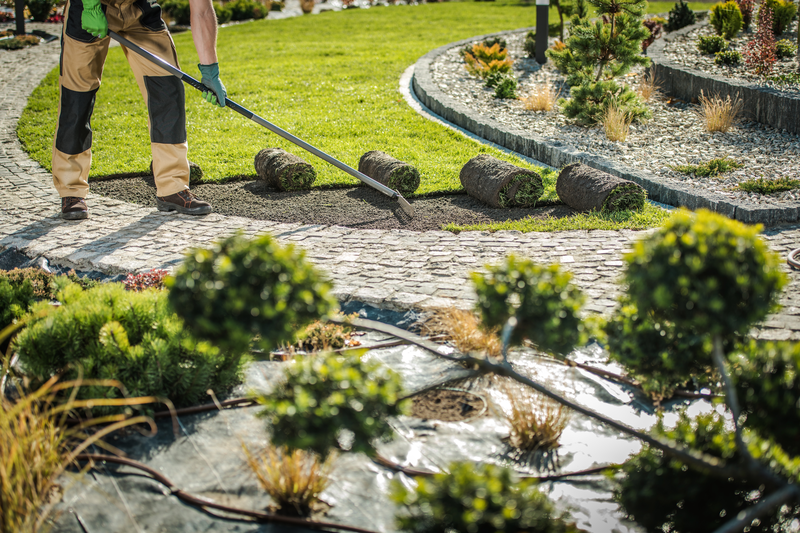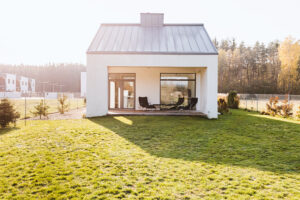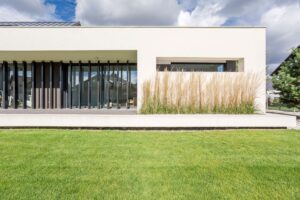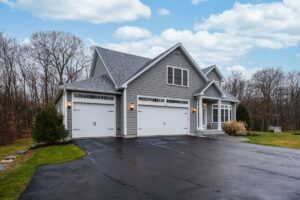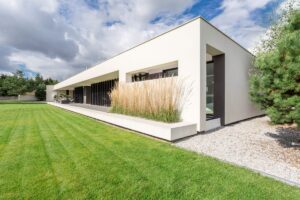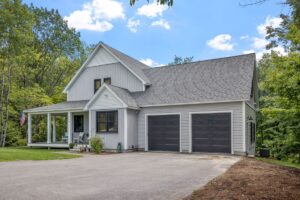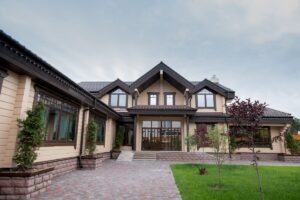Artificial turf has become a popular alternative to natural lawns for homeowners seeking low maintenance and year-round greenery. However, some property owners wonder whether installing synthetic grass might affect the value of their home. Does artificial turf reduce property value, or could it actually enhance curb appeal and attract potential buyers? In this blog, we’ll explore how artificial turf can impact your property value and whether it’s a smart investment for your home. For more information on the benefits of artificial grass, visit our page on Artificial Turf in San Carlos.
Artificial Turf and Property Value: A Complex Equation
The impact of artificial turf on property value depends on several factors, including location, buyer preferences, and the quality of the turf installation. While some homeowners believe that synthetic grass detracts from a home’s appeal, others see it as a practical, eco-friendly solution that enhances curb appeal and convenience.
It’s important to remember that property value is influenced by more than just landscaping. The overall condition of the home, neighborhood, and market trends also play a significant role in determining how much a property is worth. When it comes to artificial turf, personal preferences and local trends are key factors in determining whether it positively or negatively affects value.
Advantages of Artificial Turf for Home Value
In many cases, artificial turf can actually enhance a home’s value, particularly in regions where water conservation is a priority or where outdoor maintenance can be challenging due to climate conditions. Here are some ways artificial grass can be seen as a value-add for homeowners:
1. Water Conservation
One of the primary benefits of artificial turf is the ability to significantly reduce water usage. In drought-prone areas like San Carlos, where water restrictions are common, artificial grass can be a major selling point for eco-conscious buyers. Homeowners looking for a sustainable, low-water landscaping solution may see artificial turf as a valuable asset, especially if they’re concerned about keeping natural grass healthy in dry conditions.
For homeowners committed to environmental sustainability, artificial turf may align with their desire to reduce water consumption and lower utility bills, making it an attractive feature when selling the property.
2. Low Maintenance Appeal
Another significant advantage of artificial turf is its low-maintenance nature. Traditional lawns require regular watering, mowing, fertilizing, and pest control, which can be time-consuming and costly. Artificial grass eliminates most of these tasks, allowing homeowners to enjoy a green lawn without the hassle of constant upkeep.
For busy families, retirees, or anyone who prefers spending time enjoying their yard rather than maintaining it, artificial turf offers convenience. Homes with synthetic grass may appeal to buyers looking for a low-maintenance solution that still provides aesthetic appeal, potentially increasing the property’s desirability.
3. Year-Round Curb Appeal
Artificial grass stays green and lush throughout the year, regardless of weather conditions. This means that even during winter months or periods of drought, your lawn will maintain its pristine appearance. A well-kept yard is often one of the first things potential buyers notice, and a beautiful, green lawn can enhance curb appeal.
Curb appeal plays a crucial role in making a positive first impression on buyers. A home with a tidy, attractive landscape is more likely to stand out in the market, which can help increase property value.
Potential Drawbacks of Artificial Turf for Home Value
While there are clear benefits to installing artificial turf, it’s important to consider the potential drawbacks, especially when it comes to property value. Some buyers may have concerns about synthetic grass, which could impact their perception of the home’s worth.
1. Heat Retention
As mentioned in previous discussions, artificial turf can retain heat, making it uncomfortably warm during the summer months. For buyers with children or pets, the prospect of a hot lawn may be seen as a disadvantage, especially in regions with high temperatures. Homes with large artificial lawns that get direct sunlight may need to consider this factor when listing the property for sale.
While there are ways to manage heat on artificial grass, such as installing shade structures or using cooling infill, this issue could deter potential buyers who prefer a natural, cooler lawn.
2. Environmental Concerns
Though artificial turf can conserve water, it’s made from synthetic materials, usually plastic, which raises environmental concerns for some buyers. As awareness of sustainability grows, some environmentally conscious buyers may prefer natural, organic landscaping solutions over synthetic grass.
Additionally, artificial turf doesn’t provide the same ecological benefits as natural grass, such as carbon absorption and supporting local wildlife. For buyers who value environmental impact and biodiversity, the presence of artificial grass may be seen as a drawback.
3. Cost of Replacement
While artificial turf is designed to last for many years, it does eventually need to be replaced. High-quality turf can last 15 to 25 years, but when it starts to show signs of wear, the cost of replacement can be significant. Some buyers may be hesitant to invest in a home with artificial turf if they anticipate needing to replace it within a few years.
Understanding the longevity of the artificial grass and providing potential buyers with information on its maintenance schedule can help mitigate concerns about replacement costs. Properly maintained turf is likely to retain its appeal longer and reduce the likelihood of early replacement.
Does Artificial Turf Add or Subtract from Home Value?
The answer depends on the specific market, buyer preferences, and local climate conditions. In areas where water conservation and low-maintenance landscaping are priorities, artificial turf is likely to add value to a home by appealing to eco-conscious buyers. Additionally, the year-round curb appeal and reduced lawn care requirements make it an attractive option for busy homeowners.
However, in markets where natural landscaping is preferred or where heat retention and environmental concerns outweigh the benefits, artificial turf could be seen as a disadvantage. Ultimately, the impact of artificial grass on property value comes down to the individual preferences of potential buyers and the market trends in your area.
Is Artificial Turf Right for Your Home?
If you’re considering installing artificial turf but are concerned about how it might impact your property’s value, it’s essential to weigh the pros and cons carefully. For homeowners in San Carlos, where water conservation is a key concern and outdoor maintenance can be challenging, artificial grass may offer significant benefits that appeal to many buyers.
To learn more about the advantages of artificial grass and whether it’s the right choice for your property, visit our guide on Artificial Turf in San Carlos. If you’re ready to explore your options or schedule a consultation, schedule a consultation with our team today.
